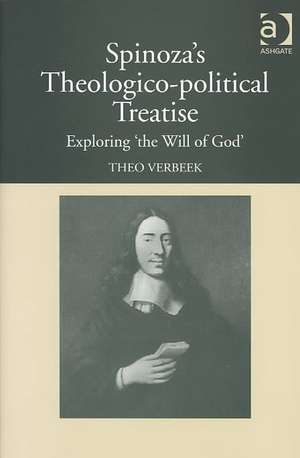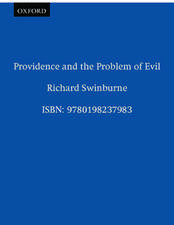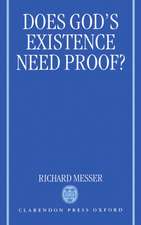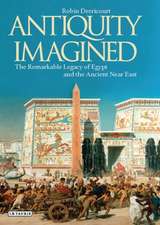Spinoza's Theologico-Political Treatise: Exploring 'The Will of God'
Autor Theo Verbeeken Limba Engleză Hardback – 6 feb 2003
| Toate formatele și edițiile | Preț | Express |
|---|---|---|
| Paperback (1) | 482.91 lei 6-8 săpt. | |
| Taylor & Francis – 31 iul 2018 | 482.91 lei 6-8 săpt. | |
| Hardback (1) | 1001.07 lei 6-8 săpt. | |
| Taylor & Francis – 6 feb 2003 | 1001.07 lei 6-8 săpt. |
Preț: 1001.07 lei
Preț vechi: 1220.81 lei
-18% Nou
Puncte Express: 1502
Preț estimativ în valută:
191.58€ • 199.27$ • 158.16£
191.58€ • 199.27$ • 158.16£
Carte tipărită la comandă
Livrare economică 14-28 aprilie
Preluare comenzi: 021 569.72.76
Specificații
ISBN-13: 9780754604938
ISBN-10: 0754604934
Pagini: 212
Dimensiuni: 156 x 234 x 13 mm
Greutate: 0.48 kg
Ediția:1
Editura: Taylor & Francis
Colecția Routledge
Locul publicării:Oxford, United Kingdom
ISBN-10: 0754604934
Pagini: 212
Dimensiuni: 156 x 234 x 13 mm
Greutate: 0.48 kg
Ediția:1
Editura: Taylor & Francis
Colecția Routledge
Locul publicării:Oxford, United Kingdom
Cuprins
Contents: Foreword; Introduction; Religion and truth; 'The will of God'; 'The word of God'; The impossibility of theology; 'Government by God'; The freedom to philosophize: Descartes and Spinoza; Epilogue; Bibliography; Index.
Recenzii
'... this is a rich and insightful book, one that clearly derives from many years of thinking about the meaning and importance of TTP... It is also [...] sure to be a provocative one, as Verbeek puts forth some bold claims about what Spinoza is really up to. It should stimulate a good deal of new study of a long-neglected work.' British Journal for the History of Philosophy 'This bold re-interpretation of Spinoza's political views will no doubt challenge specialists to respond and thereby to advance research on Spinoza.' International Review of Biblical Studies '... Verbeek has written an important work, whose strength lies in its many detailed readings of key concepts and passages, which forcefully challenge the claims of whiggish, esoteric, or simply careless readers of the text.' Journal of the History of Philosophy
Descriere
This book presents the first accessible analysis of Spinoza’s Tractatus Theologico-politicus, situating the work in the context of Spinoza’s general philosophy and its 17th-century historical background. According to Spinoza it is impossible for a being to be infinitely perfect and to have a legislative will. This idea, demonstrated in the Ethics, is presupposed and further elaborated in the Tractatus Theologico-politicus. It implies not only that on the level of truth all revealed religion is false but also that all authority is of human origin and that all obedience is rooted in a political structure. The consequences for authority as it is used in a religious context are explored: the authority of Scripture, the authority of particular interpretations of Scripture, and the authority of the Church. Verbeek also explores the work of two other philosophers of the period - Hobbes and Descartes - to highlight certain peculiarities of Spinoza’s position, and to show the contrasts between their theories.


















